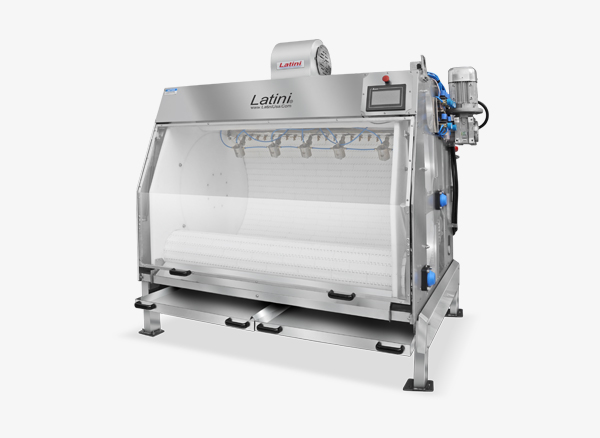In the context of manufacturing, sustainability refers to the creation of products through processes that minimize negative environmental impacts, conserve energy and natural resources, and uphold the health and safety of workers and communities. It fundamentally involves creating efficient systems that make economic sense while being mindful of the long-term impacts on the environment and society.
Sustainability has become a buzzword in recent years, as consumers have become increasingly conscious of the impact their purchasing decisions have on the environment. This has led to a rise in demand for sustainable products and practices across all industries, including plastic manufacturing.
Plastic is an integral part of our daily lives, from food packaging to electronics to medical devices. However, its production and disposal have significant negative impacts on the environment. The traditional methods of plastic manufacturing involve the use of non-renewable resources, such as crude oil, and produce large amounts of greenhouse gas emissions.
To gain a better understanding of the role of plastic manufacturing in sustainability, we will explore some of the green practices that are being adopted by companies in this industry. We will also discuss the challenges and potential solutions for creating a more sustainable plastic manufacturing sector.
Sustainable Materials
One of the key ways that plastic manufacturers are redefining sustainability is through the use of alternative materials. Traditional plastics are made from fossil fuels, which are non-renewable resources. However, companies are now exploring the use of bio-based and biodegradable materials to create more eco-friendly products.
Polycarbonate is a type of plastic that has gained popularity for its durability and transparency. It is commonly used in the production of water bottles, eyeglass lenses, and medical equipment. While traditional polycarbonate is made from fossil fuels, companies are now developing bio-based alternatives using plant-based materials such as corn or sugarcane. These bio-based polycarbonates have a significantly lower carbon footprint compared to their traditional counterparts.
Energy Efficiency
Another area where plastic manufacturers are focusing on sustainability is energy efficiency. The production of traditional plastics requires high amounts of energy, contributing to greenhouse gas emissions and climate change. To combat this, companies are implementing more efficient manufacturing processes and investing in renewable energy sources.
Polycarbonate production, for instance, has been optimized to use less energy while maintaining the same quality of the final product. Companies are also utilizing renewable energy sources such as solar and wind power to reduce their carbon footprint.
Recycling and Reusability
The circular economy is gaining traction in the plastic manufacturing industry, with companies focusing on recycling and reusing plastic materials. This involves collecting used plastics, processing them, and using them to create new products. By incorporating recycled materials into their production processes, companies can reduce their reliance on non-renewable resources and decrease waste sent to landfills.
In addition to recycling, plastic manufacturers are also exploring ways to make their products more reusable. This includes creating refillable or multi-use packaging options for consumer goods. Companies are also developing new technologies to recycle complex plastic products, such as electronics and medical devices.
Challenges and Potential Solutions
While there has been progress in making plastic manufacturing more sustainable, there are still challenges that need to be addressed. One of the main obstacles is the lack of infrastructure and technology for recycling and reusing plastics. This requires investment from both governments and companies to develop efficient systems for collecting, processing, and utilizing recycled plastics.
Another challenge is the perception that sustainable practices are more expensive. However, with advancements in technology and growing consumer demand for eco-friendly products, companies can benefit from incorporating sustainable practices into their operations in the long run.
Conclusion
To conclude, sustainability in plastic manufacturing involves a holistic approach that considers not only the environmental impact but also social and economic factors. By adopting sustainable materials, improving energy efficiency, and investing in recycling and reusability, companies can play a crucial role in reducing the negative impacts of plastic production and creating a more sustainable future. So let’s take action to support green practices in plastic manufacturing and make a positive impact on our planet for generations to come.
























